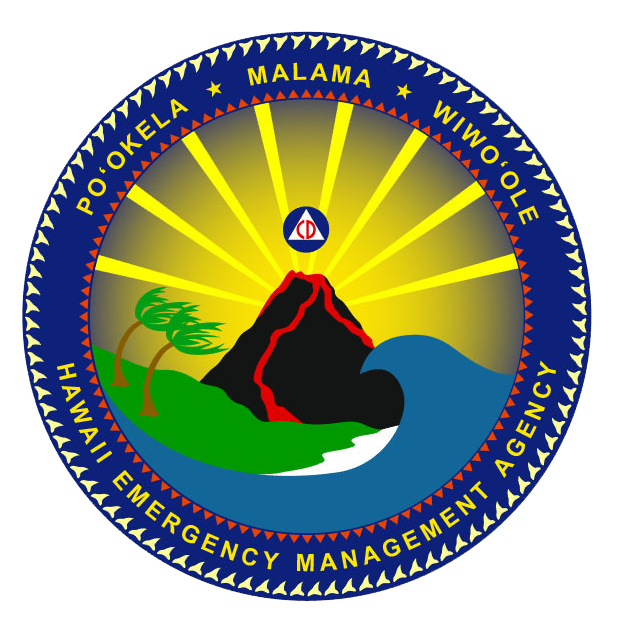Preparedness Information
Stock your emergency preparedness kit with enough food and water for at least 14 days. Other essential items include, a battery-operated radio to receive emergency communications and essential medication.
Storage
HI-EMA recommends you store your emergency supplies in a sturdy kit such as a rolling cooler. An added bonus to using a sturdy container is that it can be used as a seat if you need to evacuate to a shelter.
Water
Water is essential to sustaining life and is an important part of your emergency preparedness kit. General guidance is for people to store one gallon of water per person, per day for at least 14 days. This can be done by storing cases of water in a cool, dry place or by storing your own tap water. The Honolulu Board of Water Supply demonstrates proper water storage techniques in this YouTube video.
Food
Store high calorie, shelf stable food in a cool, dry place. Examples of high calorie food that do not require heat or additional water to prepare include nuts, ready-to-eat cereals, peanut butter, dried fruit, and canned soups. The United States Department of Agriculture provides information on keeping food safe during an emergency here.
Other Needs
Having access to information is important before, during, and after a disaster. A battery operated radio will often work when other methods of communication are not available. HI-EMA strongly recommends a radio as part od every emergency preparedness kit.
If you are trapped by debris after a storm or earthquake, a whistle could save your life. It is more easily heard and takes less energy than using your voice to call for help and takes very little space in your emergency kit.
Hygiene and cleanliness is important to your overall health. Including items such as hand sanitizer, sanitary wipes, toilet paper, and bags to contain waste could help to keep you healthy in the days and weeks following a disaster.
Medication and Other Medical Supplies
If you have a condition requiring medication, make sure to stock extra with your emergency supplies. A hard copy of any prescriptions may also help if you need to resupply after a disaster. If your medication requires refrigeration, consider purchasing a generator or storing a supply of ice packs and a cooler for use if power goes out.
More special needs information can be found here.
